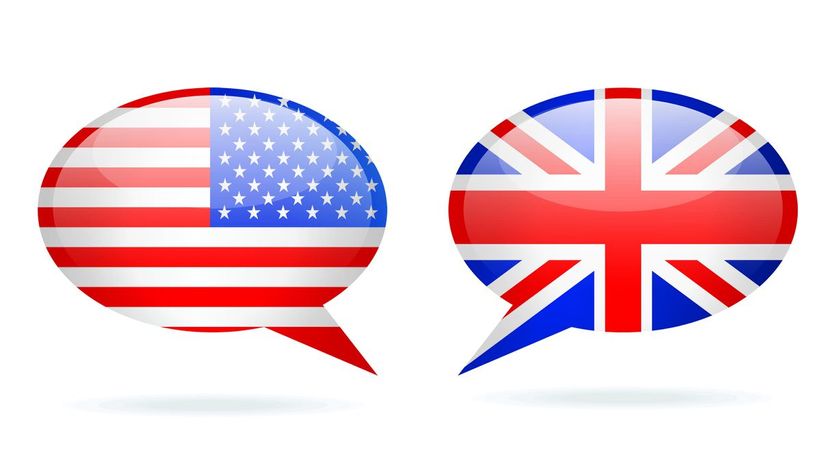
About This Quiz
Given time, language evolves and adapts. Even within what people think of as a confined space, language can morph into very specific dialects with meanings that only hold sway over a single group of people. There are many accents in Britain, and there are turns of phrase not just specific to the UK, but specific to certain parts of the UK. Likewise, America developed its own vernacular but under very different circumstances. While the UK has always had plenty of English speakers, there was a time when more Americans spoke German than English, and the majority of immigrants who came to the United States did not speak English as their first language.
The result of the differences between the USA and the UK is two very different kinds of English; two nations divided by a single language. Some of the differences come from the linguistic influences of the cultures with which these two places have the most contact, but some of the differences have more to do with other aspects of culture, such as events in sports, popular culture, or politics that crystallized into expressions with meanings larger than their origins might suggest.
While all English words technically exist in the same language, some words are only really used in one place or another. Do you think you can tell which words come from Britain and which from America? Now is the time to find out! Test your knowledge with this quiz!

"Rad" is short for "radical," a word that is being used in the sense of "extreme." The 1980s saw the use of the word "radical" in a few TV ads, and the word caught on. Soon, it was shortened to "rad," which remains one of the defining expressions of the 1980s.

"Twee" is a fun word with unexpected meaning. It could be said to mean something roughly like "kitsch," but it also means "dainty," "adorable," and "cute." The context says everything in this case. Calling a set of plates "twee" would likely mean they look like something dated and affected, as with kitsch, but the other use of the word comes from its origins as a shortened version of "sweet," as that word might be used in baby talk, as in, with a baby.

While a British person might envisage something, an American would "envision" it. The use of the word "envision" only came into existence in print in 1855, so, considering how often it's used, it hasn't been around very long at all. Could you envisage a world without it?
Advertisement
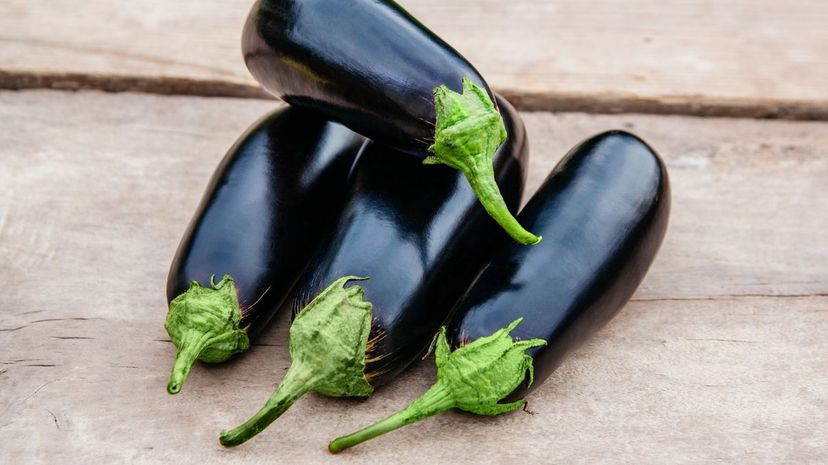
The food item the British call an aubergine (a word with a French origin) is, in America, called an "eggplant." What is perplexing is that America is the one place where it makes the least sense to do this. Outside of North America, eggplants are light in color, and closer in size and shape to goose eggs, making "eggplant" a much more appropriate name.
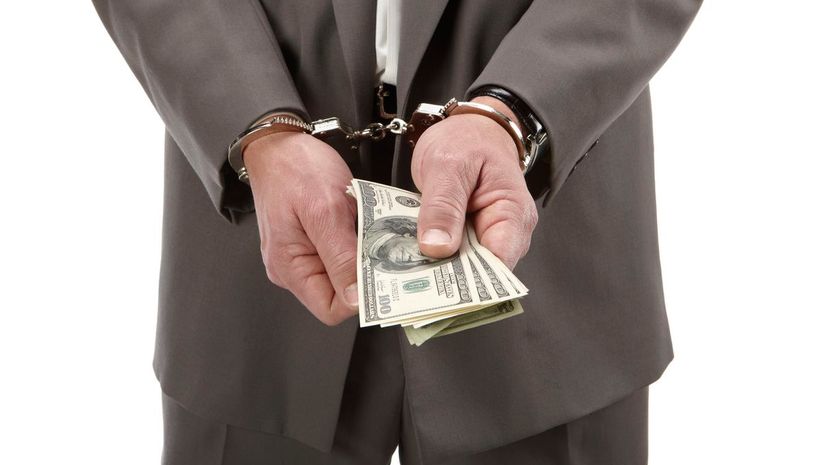
"Grifter" is a term that originated in the USA, where the term "graft" was most likely corrupted into the word "grift," and thus the practitioners of grift became "grifters." What is interesting is that while "graft" has a far-reaching meaning, "grift" has a very narrow sense of the act of illicitly obtaining money through trickery. The word is in use in Britain, thanks to the popularity of American culture and films.
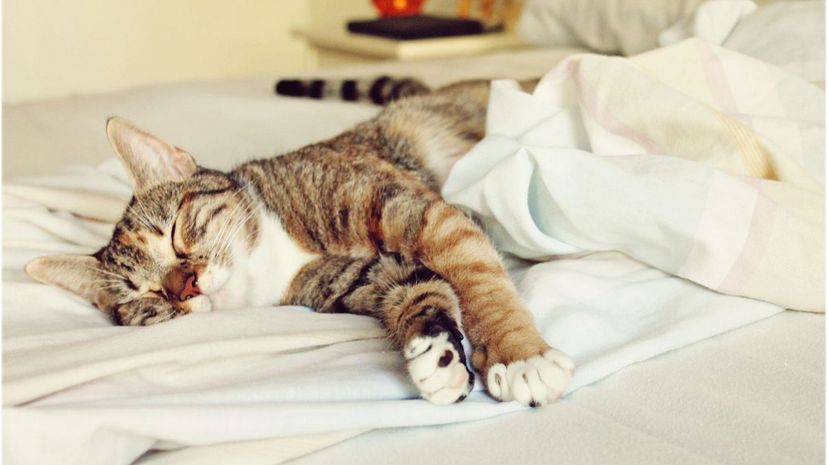
Normality, normalcy — you say tomato ... In America, "normalcy" is a word used to describe the normal state of things. This would mean that it would not be normalcy for an American to use "normality," which is what a Briton would say. Interestingly, Americans don't say "abnormalcy," instead opting for the same word used in the UK, "abnormality."
Advertisement
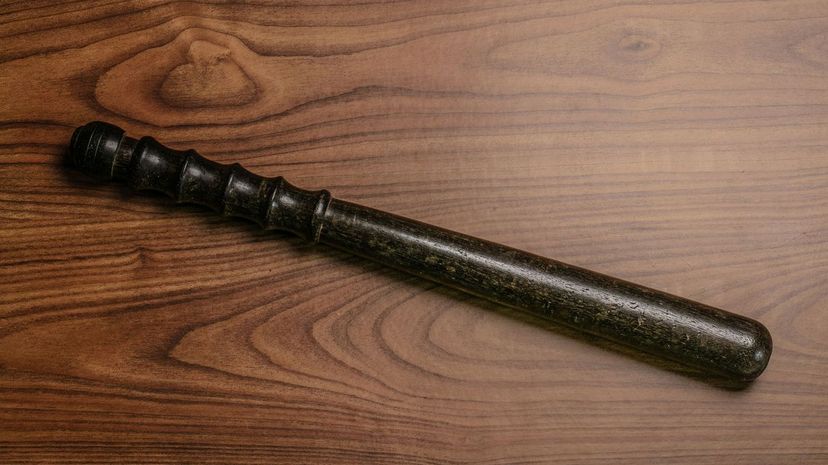
The nightstick's origins go back to America in the 1880s, but the object, a club carried by policemen, has so many other, more colorful names used not just in Britain, but also in the US. Those other names include "billy club," "truncheon," "shillelagh," "sap," and the onomatopoetic "cudgel."

"Maven" came to English by way of Yiddish, where its antecedent was pronounced the same way, and as with the English word, meant "an expert." This became part of English in the 1960s in America. Of course, it's such a great word, it has made its way across the Atlantic, though it isn't in common usage there, in English anyway.
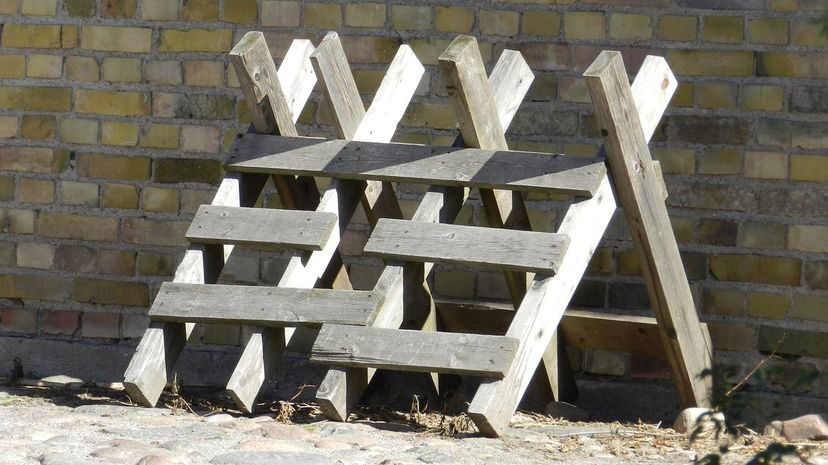
"Sawbuck" is a term used to describe a device similar to the "sawhorse," which is one of the names for the old fashioned, wooden police barricades you may still see from time to time. A sawbuck was originally a sawhorse with X shaped ends, but eventually, the term was adopted for the 10-dollar bill, since X is the Roman numeral for 10.
Advertisement
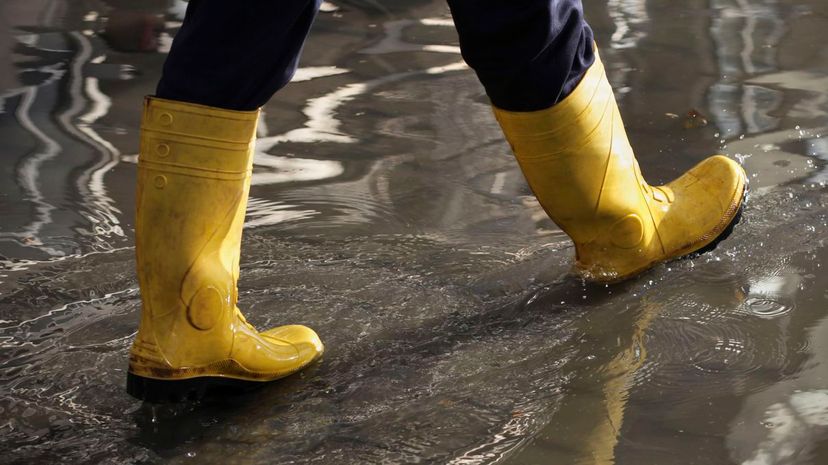
Shoe technology has come a long way in recent decades, but as late as the 1990s, people would wear water-permeable shoes to work when it rained, protecting them by covering them with "rubbers," another term for "galoshes"; rubber outer shoes designed to fit overshoes. In Britain, "rubber" is used to refer to a rubber eraser one might find at the end of a pencil.

An "anorak" is literally a kind of jacket invented by the Eskimos of Greenland, designed to protect the wearer from the weather. The British copies this style of jacket, and today, one can have one made out of modern materials. The special meaning of the word, unique to Britain, is "a socially inept person" because, in Britain, anorak-wearers are usually bird-watchers, or train-spotters, or other anti-social hobbyists.
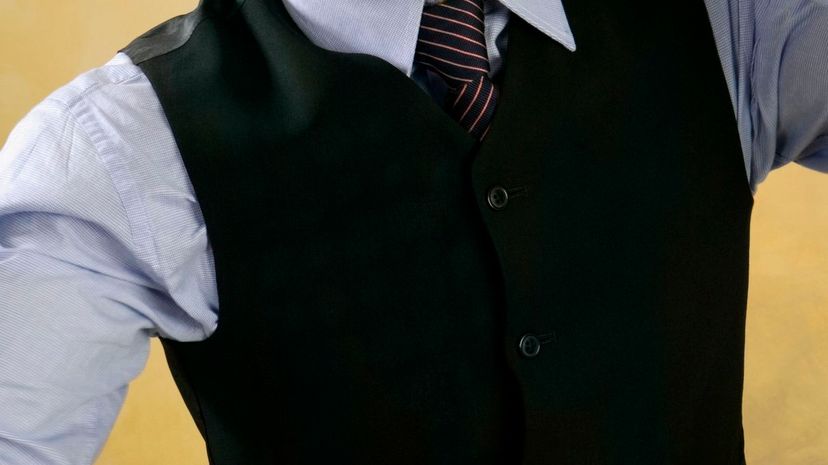
The earliest examples of the use of "waistcoat" go back to 1519. A waistcoat was originally defined as an ornamental garment worn under a doublet, but in common usage today, it refers to what Americans would call a vest. Just remember, if you put on a waistcoat, you're supposed to leave the bottom button undone.
Advertisement

While the use of the term "freshman" is distinctly American, it has its roots in England in the 1550s, later being codified at Cambridge as a less than nice term. Its early use was to call such students "fresh men," with other names for further years including "Soph moore" etc. Whatever humor was intended seems lost on modern ears.
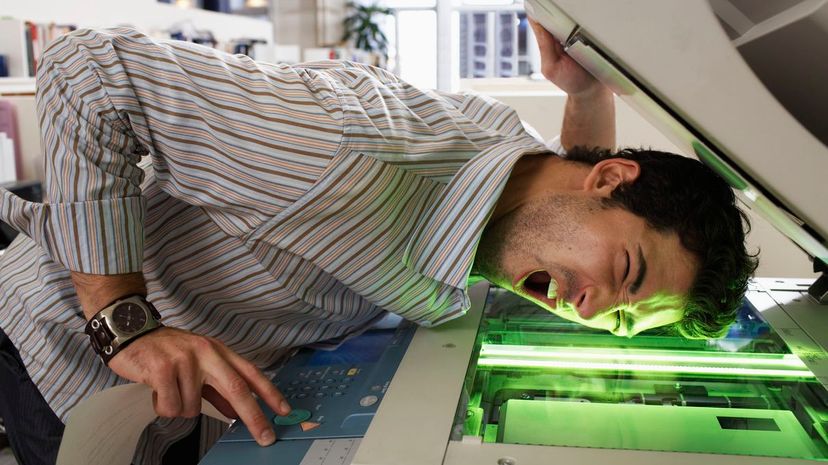
If you're confused about being called a numpty, it's only gotten worse for you. A "numpty" is a "silly fool" or "idiot" or "daft moron" or — sorry, we got a little carried away there. This word is especially prevalent in Scotland, where when BT Openreach conducted a poll of the favorite word in Scotland, numpty was the winner. It comes from the much older "numps" which means the same thing and has fallen out of use.

While a British cop looking to soften his footfalls invented what he called "sneakers" by attaching bicycle tires to the under-soles of his shoes, it was the cross-trainer type of sneaker that made its way into the popular vocabulary. Thus, any sneaker, be it running shoe, basketball shoe, or "football" cleat, could be called "a trainer."
Advertisement
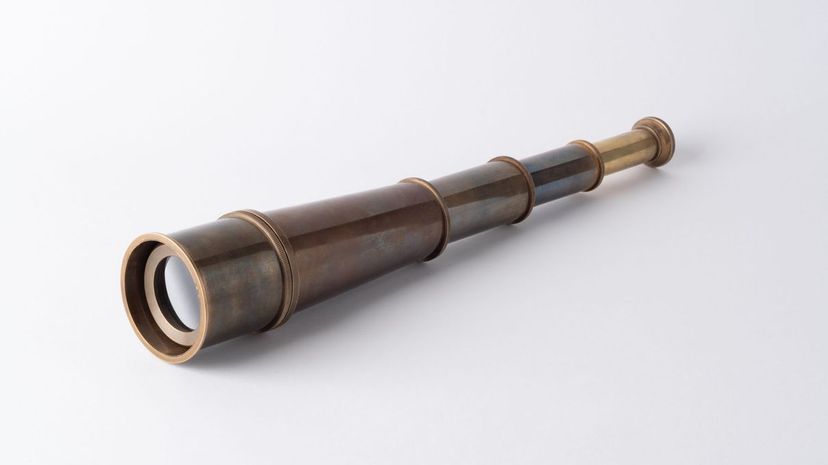
"Spyglass" may sound like an archaic term, but these days you'll only ever hear this term used in America. A spyglass, for those unaware of the term, is a kind of telescope, specifically a collapsible one. Ironically, the term "telescopic," which refers to an object's ability to collapse on itself to save room, comes from the old design of the telescope or spyglass.
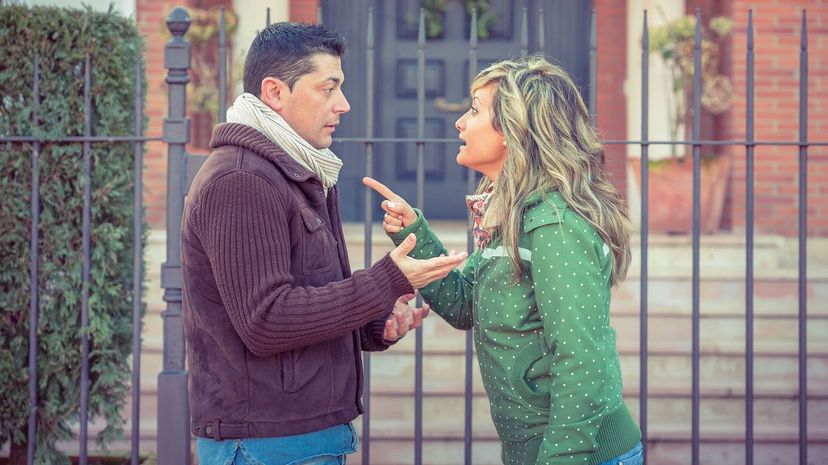
With unknown origins and usage going back to the 1700s, the British expression "row," as in "to row" and "a row" (pronounced like "wow") means "to quarrel" or "a quarrel." This isn't to be confused with the stroking of oars, since the two words are pronounced very differently and thus have different origins.

Britons sometimes refer to a party as "a do," which is a handy shorthand when you want to give the impression of a party without much detail. A nicer party might be called a "fancy do," but don't confuse that with "fancy dress," which means "costume party" in Britain, not black tie.
Advertisement
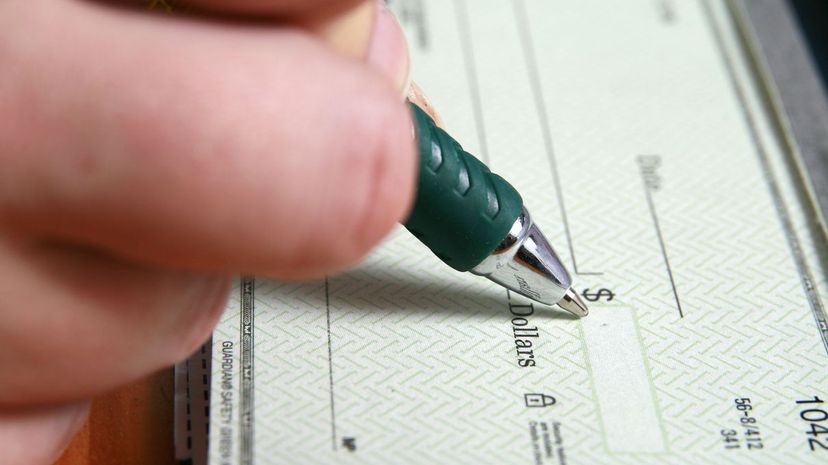
You can thank the Scots for the overdraft. RBS itself invented overdraft in 1728 for a merchant named William Hogg, so he could pay bills before receiving payment for his services, but the real benefit was when the industrial revolution hit. At this point in history, RBS was well suited to profit because it had invented the financial instrument needed for small, growing businesses short on cash but big on promise.
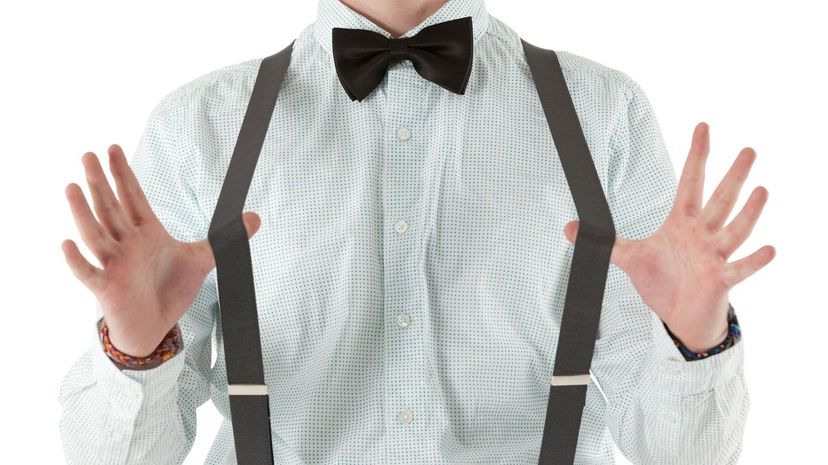
Have you ever heard the expression "the belt and braces approach"? It means "to embrace redundant safety protocols." The reason for this is that a belt holds up one's trousers, as do bracers, or as they are called in the United States, "suspenders."

"Pants" don't mean the same thing in Britain and America. In America, "pants" are the same thing as trousers. In Britain, "pants" are underwear. It's hard to say how underwear became a byword for things not being good, but one needn't think too hard about it. The result is that in the UK, "pants" can be an adjective describing things as bad.
Advertisement
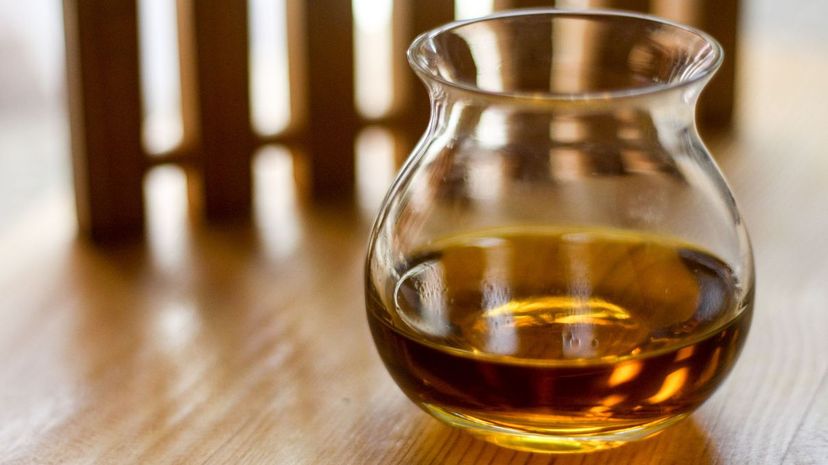
Canola has an interesting history. It's a marketing name created in 1979 and used in North America for an oil (with low acid, hence "ola") originally made in Canada (hence "Can"). Who gave it this marvelous name? The Rapeseed Association of Canada. Everywhere outside of North America, it's called rapeseed oil. Yeah, the branding change was probably a good idea.
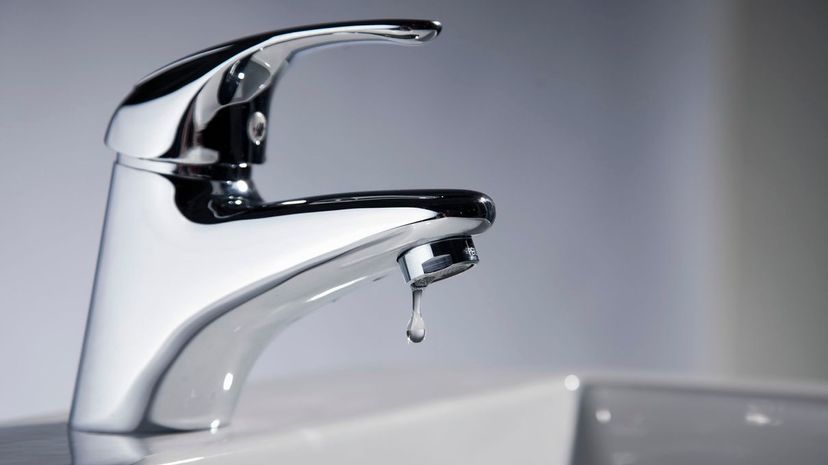
While the term "faucet" goes back to the 15th century, its prevalence in the home only goes back to the 19th century, when indoor plumbing started to spread. In America, the literal technical term for the mechanism remained its name, thus "faucet" is the word used in the US. While most Americans reserve the term "tap" for beer taps or various types of cut-in connections, "tap" is the terminology for the faucet in Britain.

While the adjective "wonky" is used both in the US and the UK, it means different things in those places. In Britain, it means when something isn't quite right, like when one's hat isn't on straight. This meaning would not be used to describe a person. Instead, when a person is described as "wonky," it means they are "nerdy" or "geeky" about some arcane knowledge.
Advertisement

Here's another word that evolved well after 1776. Coming into English in 1940, "abseil" comes from the German word "abseilen" which means "to lower by a rope." The American "rappel," meaning the same thing, came into use in 1944, and came from the French word meaning "to recall."

It may be a TV channel in the US, but in Britain, A&E is shorthand for "Accidents and Emergency," and is what Britons call what an American would call an Emergency Room, or ER. Interestingly, the emergency phone number in the UK is also different from that in the US. Having found that, when under stress, people have trouble actually dialing 9-1-1. In the UK, the emergency number is just 9-9-9.
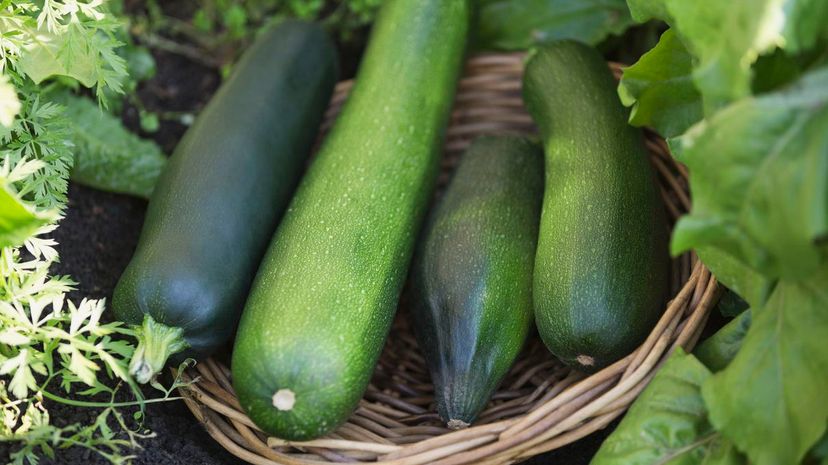
Some words that come to English from other languages result in some funny confusion at the grocery store. Courgettes are such an item. "Courgette" is just the French word for what would be called "zucchini" in America. This food item simply came into the British diet from France, and the American diet from Italy, hence the linguistic difference.
Advertisement
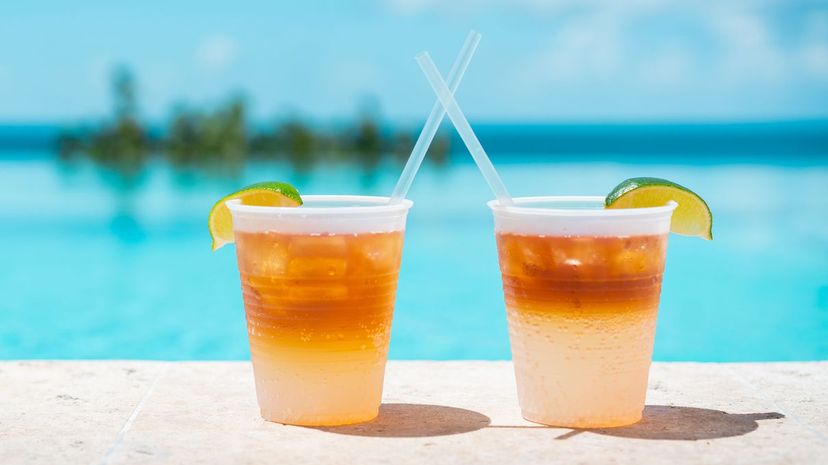
A peculiar dialect of British English is Cockney rhyming slang, which produces words and their meanings using rhymes that link to a cultural idea, linking to a given subject. One example is "lily" which comes from "lily the pink" which rhymes with "drink." Thus, "lily" means "drink," as in "Have a lily with me."
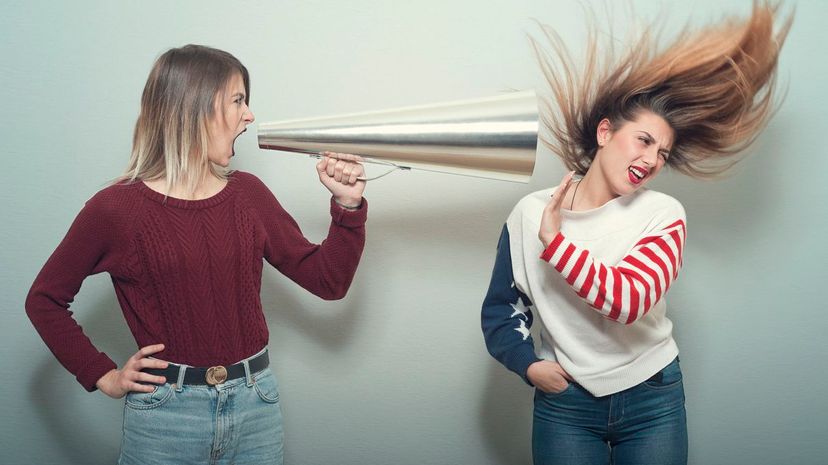
"Sledging" is something that professional athletes do all over the world, but in the UK, they have this lovely way of describing it. The word evokes the image of a sledgehammer, and thus, the verbal act of sledging is the linguistic equivalent of hitting someone with a verbal sledgehammer.
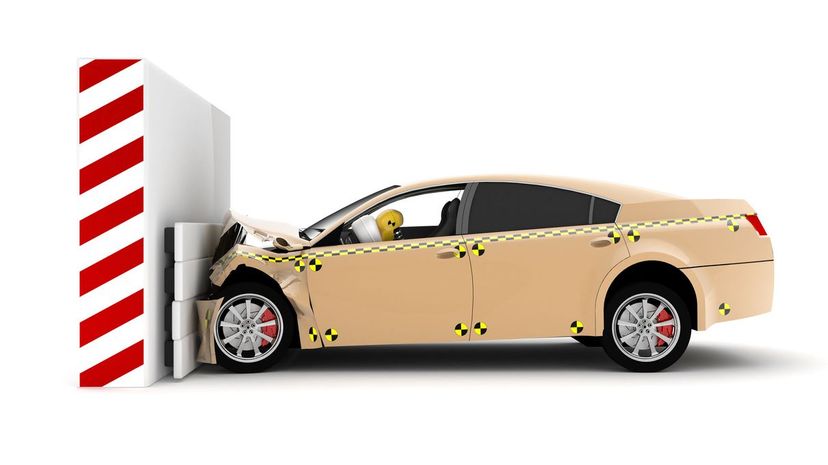
A "dummy" is just a pacifier, but its etymology is far more interesting than just that. "Dummy" has plenty of unfortunate origins, but one of its uses means "a substitute for something, satisfying the same mechanical purpose." In this way, we get terms like "crash test dummies." As a pacifier, a "dummy" is just a mechanical substitute, describing the use of the object, not its goal.
Advertisement
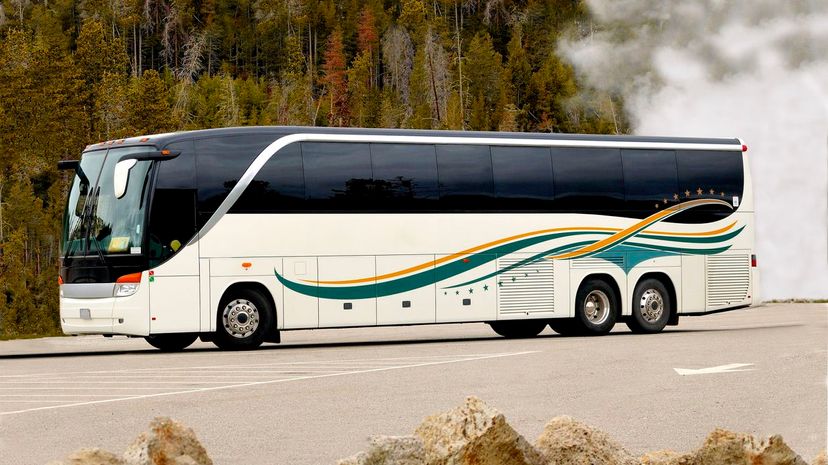
In Britain, sports coaches do exist, but they aren't to be confused with the other meaning of the term "coach." In the UK and much of the English speaking world, "coach" refers to a bus, specifically a bus that has been privately hired for some purpose. Thus, another piece of British vernacular is the term "coaches," which refers to the time at the end of a party when the hired coach comes to take everyone home, or more importantly, away from the site of the party.
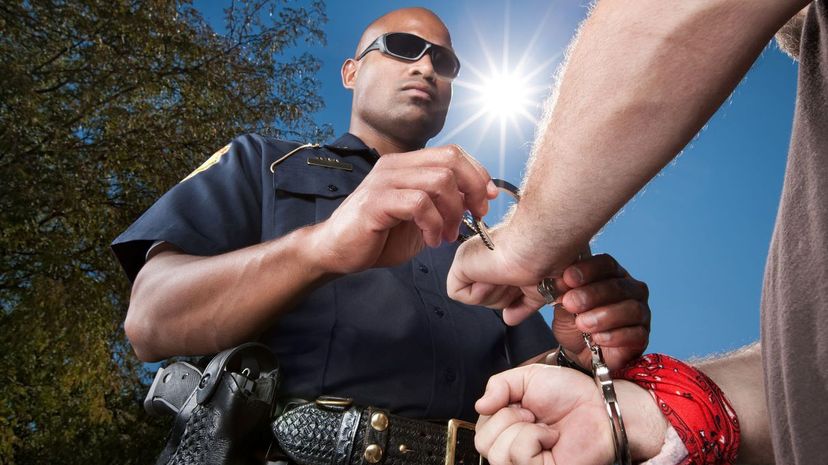
The United States Supreme court heard the case Miranda vs. Arizona in 1966, which resulted in the ruling that officers of law enforcement needed to advise the people they arrested of their constitutional rights. As a result, society in the US became a bit fairer, and legal procedurals became a bit longer, with endless iterations of "You have the right to remain silent," etc.
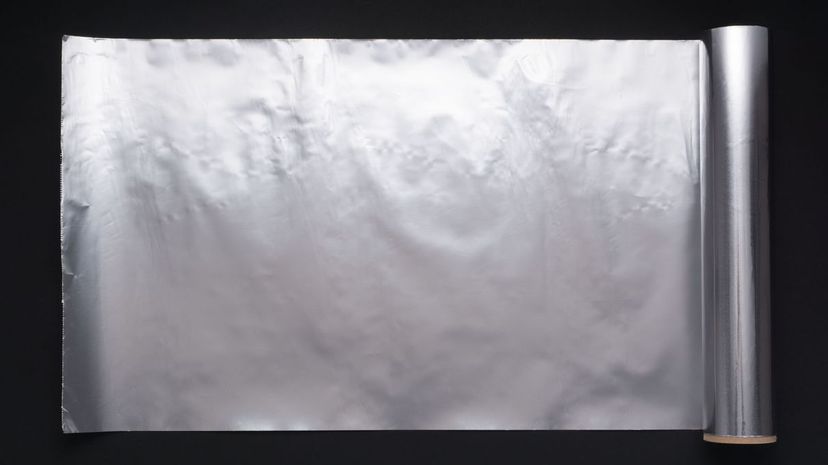
It's a subtle difference, but how a certain lightweight metal is written and pronounced has a lot to do with which side of the Atlantic you call home. In Britain, it's "aluminium," which in case you missed it, ends in "ium." In America, it's "aluminum," which ends in "um."
Advertisement

While "cracking" is an expression that has been around longer than the United States, one doesn't hear it there very often. It makes its appearance as a way of saying something is of high quality in the middle of the 1700s, derived from the meaning of "crack" defined as a very describing the act of doing something "quickly or smartly." As a result, in some circles, "cracking" is another way of saying "excellent."

"Chuffed" is a Britishism that only goes back to the middle of the 20th century. It means to be very pleased, but the term would really only be used in a very casual context. Sadly, it seems to have no link to the much older, unrelated word "chuff."